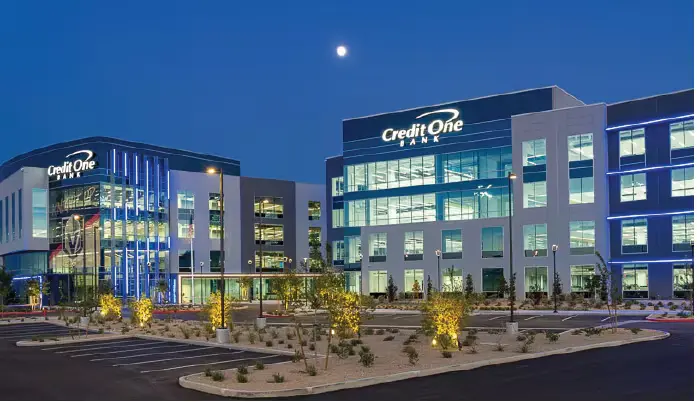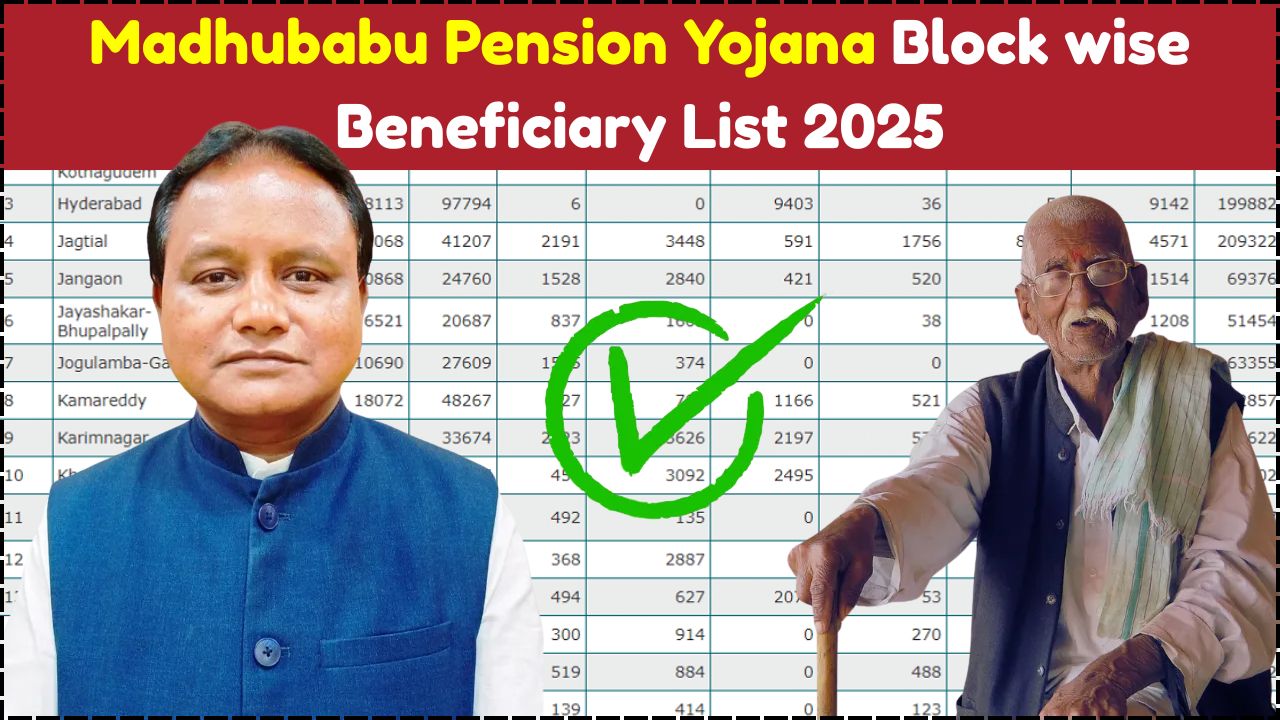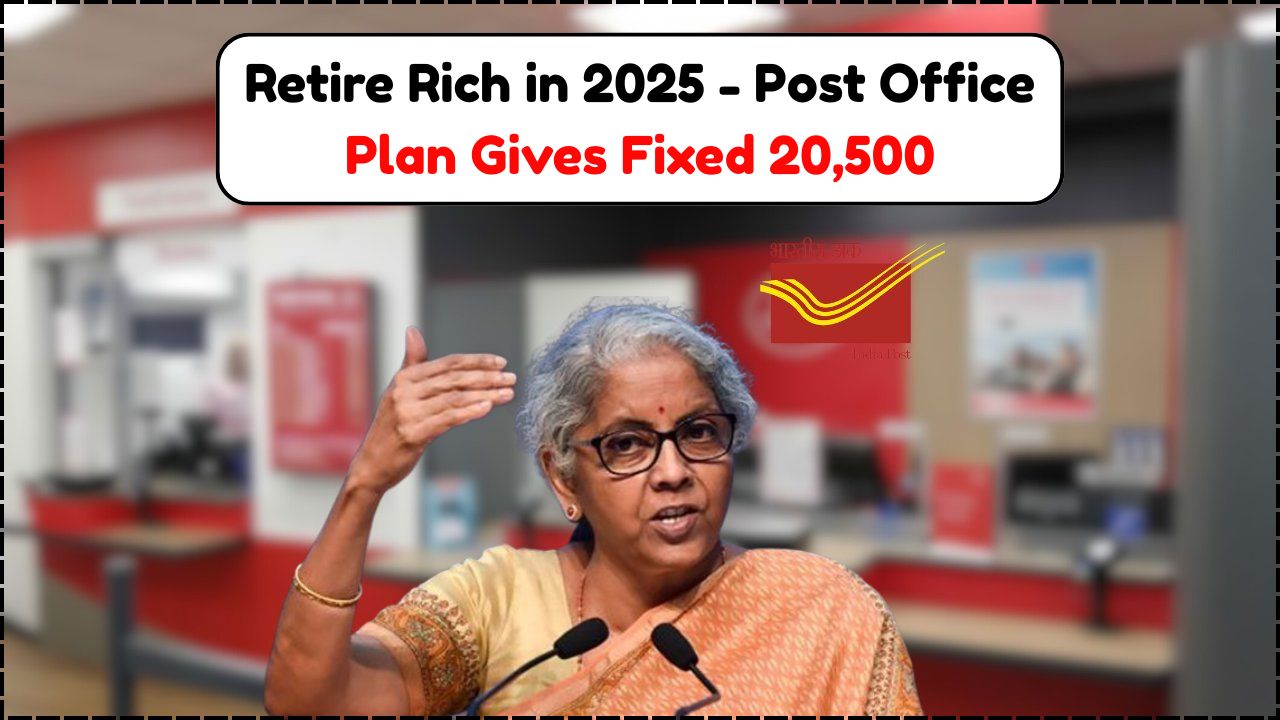In a major development concerning unauthorized communications, Credit One Bank has agreed to a $14 million settlement to resolve allegations of unsolicited robocalls made between 2014 and 2019. The legal action, rooted in violations of the Telephone Consumer Protection Act (TCPA), highlights the rising importance of consumer rights in an age dominated by automated communication systems. The lawsuit accused the bank and its affiliates of making thousands of robocalls to individuals without first obtaining explicit permission, sparking a wave of consumer complaints and legal scrutiny.
The TCPA, a federal statute enacted to protect individuals from unwanted calls and texts, formed the backbone of this case. According to plaintiffs, Credit One utilized automated dialing systems and prerecorded voice messages to contact not only existing customers but also individuals who had no relationship with the bank. These claims, while not admitted by the company as wrongdoing, led to a settlement that offers financial restitution to those affected during the specified five-year period.
Table of Contents
Understanding the Legal Foundation and Nature of Violations
At the heart of the lawsuit is the assertion that Credit One failed to follow TCPA regulations requiring prior express consent before making automated calls to mobile phones. These communications, used for marketing, collections, or information sharing, were alleged to be widespread and, in many cases, misdirected. The suit highlighted that individuals without any connection to the bank were also on the receiving end of such calls.
Instead of continuing through prolonged legal proceedings, Credit One opted to resolve the claims through a financial settlement. Although the bank has denied any liability or misconduct, the settlement allows for monetary payouts to impacted parties and avoids further court action. The agreement stands as a significant outcome in TCPA enforcement, offering a pathway for affected consumers to seek redress.
Breakdown of the Settlement Fund and Potential Individual Payments

The total settlement pool of $14 million is structured to cover multiple expenses, including legal fees, administrative costs, and compensation for valid claimants. After subtracting court-approved attorney fees and related charges, a significant portion of the funds will be distributed among eligible individuals.
Of the total amount, legal and administrative expenses are expected to consume up to $5–6 million. The remaining $8–9 million is earmarked for claimants. The final payout per person will depend on how many individuals file valid claims, with estimates ranging between $100 and $1,000 per claimant. Those who can provide evidence such as phone records or call logs showing the robocalls may receive higher compensation, though documentation is not mandatory for eligibility.
Who Is Eligible to File a Claim?
Eligibility for compensation is primarily based on whether an individual received a robocall from Credit One Bank or its affiliates between 2014 and 2019. Importantly, recipients do not need to have been customers of the bank. Calls made to wrong numbers or people with no prior engagement with the institution still fall within the claimable scope.
To qualify, claimants must prove ownership of the phone number that received the robocalls and confirm that they did not provide prior express consent. In some cases, especially if a phone number changed hands during the eligibility period, claimants may need to verify ownership during that timeframe. Those unsure of their status are encouraged to file a claim anyway, as eligibility will be cross-checked using official call logs and databases.
Filing Process and Documentation Needed
Once the settlement receives final court approval, an official claims website will go live to guide participants through the submission process. Individuals looking to file a claim will be asked to provide basic details such as their full legal name, contact information, and phone number(s) that received the robocalls. If possible, they should also supply the estimated time frame of the calls and any available supporting documents.
Each claim must include a signed declaration affirming the information provided is accurate. Some individuals may also receive mailed or emailed notices from the settlement administrator. These communications will include a Claim ID or reference number to streamline the submission process online.
Anticipated Timeline for Claims and Payments
Following court approval, the timeline for settlement activities will unfold across several key stages. The official settlement website is expected to launch within 30 to 45 days of approval. The claim filing window will remain open for 60 to 90 days, after which all submissions will undergo review and verification.
The claims administrator will then spend several months assessing eligibility and calculating payments. Disbursements are expected to begin approximately six to nine months after court approval. Payment options will include direct deposit, paper check, or digital wallet platforms like PayPal or Venmo, depending on the claimant’s preference.
Important Milestones in the Settlement Process
The sequence of events related to the settlement includes a final court hearing, expected but not yet scheduled, followed by the activation of the claims portal. The window for submitting claims will then begin, and after the review phase, payments are projected to roll out in mid to late 2026. Participants are encouraged to stay updated via the settlement website and official notices delivered by email or post.
Steps for Affected Consumers to Take Now
Consumers who believe they may have received unauthorized robocalls from Credit One Bank should begin preparing for the claims process. While exact dates are pending court approval, potential claimants can take the following actions:
Review any old phone logs or mobile billing statements for robocall records between 2014 and 2019
Monitor email and postal mail for official communication from the settlement administrator
Gather any supporting documents, if available
Submit a claim once the website is active and meet the filing deadline
Select a preferred payment method during the process
Consumer Rights and Robocall Enforcement Going Forward
This case exemplifies how federal regulations like the TCPA are actively enforced to protect consumers against intrusive practices. Although Credit One Bank has not admitted guilt, the $14 million settlement affirms the seriousness of such violations and the right of consumers to seek recourse. For individuals impacted by the bank’s robocalls, this agreement offers an important opportunity to receive compensation and reinforces the need for businesses to secure consent before engaging in automated outreach.








